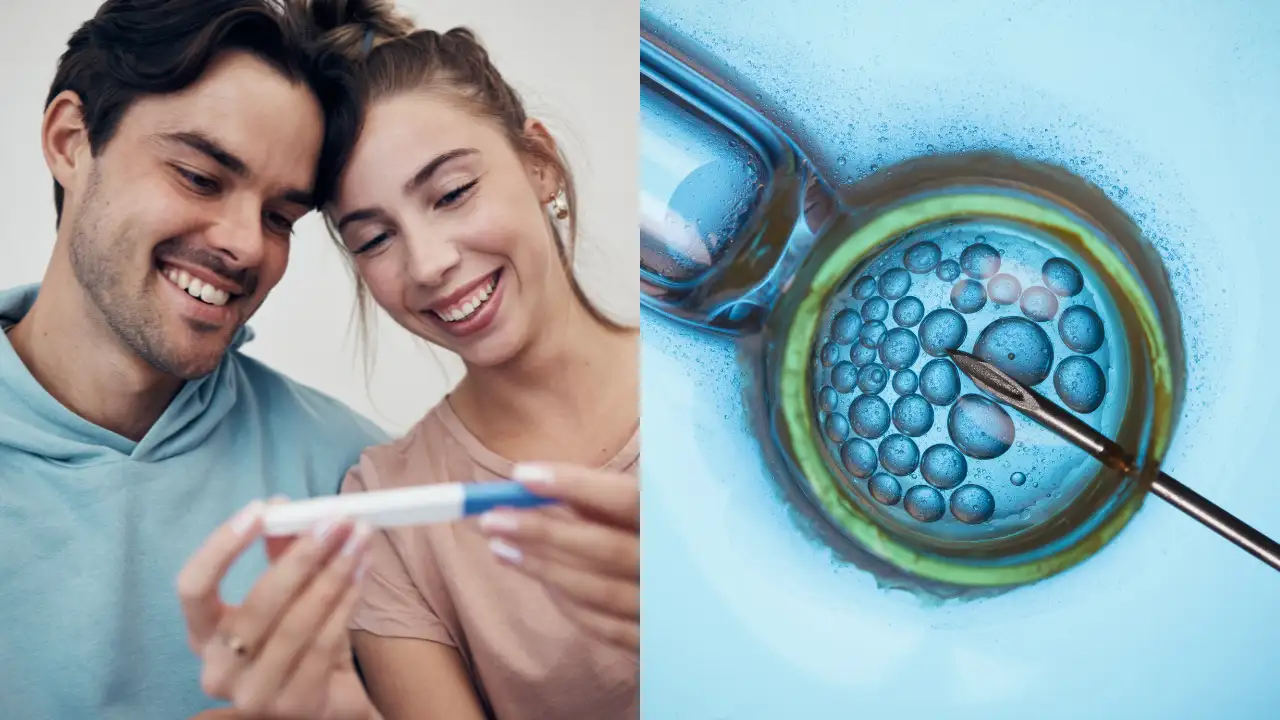When it comes to fertility and assisted reproductive techniques like IVF (In Vitro Fertilisation), hopeful couples often find themselves navigating a maze of information, assumptions, and well-meaning myths. One particularly persistent belief is that summer reduces pregnancy chances or negatively affects IVF success rates. But is there any truth to it?
IVF Success Has Little to Do with the Weather
“IVF success rates primarily depend on egg quality,” says Dr. Rachita Munjal, Senior Consultant – Fertility at Cloudnine Group of Hospitals, Gurgaon. “The idea that seasonal shifts affect fertility outcomes might seem logical on the surface, but science tells a different story.”
Inside the Lab: Where Season Doesn’t Matter
IVF is a highly advanced medical process carried out in a controlled lab environment, far removed from the influence of external weather. Embryos are fertilised and cultured in facilities where temperature, humidity, and air quality are strictly monitored.
“These artificial conditions are designed to mimic the optimal environment for embryo development, whether it’s summer or winter outside,” explains Dr. Munjal. So, the notion that climate can affect embryo health or IVF outcomes is scientifically unfounded.
Instead, what truly matters are factors like maternal age, ovarian reserve, sperm quality, and overall reproductive health, not the temperature outside.
What the Data Says: No Seasonal Link
Backing this up, multiple studies across the globe have examined IVF success rates by season and found no significant variation. Clinics have reviewed thousands of IVF cycles, and according to Dr. Munjal, the conclusion is clear: “There is no evidence to suggest that birth rates, implantation rates, or embryo quality differ from one season to another.”
So if you're physically and mentally prepared, there’s no need to wait for a specific time of year to begin IVF, unless advised otherwise by your doctor.
Surprising Summer Benefits
In fact, summer might actually bring certain fertility-friendly advantages. Dr. Munjal points out two biological factors linked to warmer months:
1. A Natural Vitamin D Boost
“Sunlight is the most natural source of vitamin D, which plays a crucial role in reproductive health,” she says. This nutrient helps regulate hormones, improve ovarian function, enhance sperm quality, and support embryo implantation and pregnancy maintenance. “Studies show that adequate vitamin D levels are linked to improved IVF success rates,” she adds. Thanks to longer days and more sun exposure, summer naturally helps the body produce more of it.
2. Melatonin and Hormonal Balance
Melatonin, best known as the sleep hormone, also protects eggs and embryos from oxidative stress. “Seasonal shifts in melatonin production tend to stabilise during summer,” notes Dr. Munjal. Combined with good sleep hygiene, this hormonal balance may further support fertility.
What Should Couples Really Focus On?
Rather than worrying about the heat outside, couples should pay attention to the factors that actually influence IVF outcomes such as age, egg and sperm quality, uterine receptivity, and embryo viability. “Emotional readiness also plays a big role,” says Dr. Munjal.
IVF is often an emotionally intense process, and starting treatment at a time when you feel mentally grounded can make all the difference. “For many, the calm and structure of summer can offer that mental clarity and routine.”
So, When Is the Best Time to Start IVF?
Simply put: when you are ready. “The decision should be based on your health, your fertility specialist’s recommendation, and your emotional preparedness,” Dr. Munjal advises. Seasons should not dictate such a deeply personal medical choice.
Don’t Let Myths Drive Your Decisions
“In today’s age of information overload, it’s easy to fall into the trap of believing hearsa especially when you’re going through something as emotional as fertility treatment,” says Dr. Munjal. But letting myths influence critical decisions can be harmful.
To sum up her expert insights:
- There is no evidence that summer reduces IVF success
- IVF procedures occur in tightly controlled lab environments
- Sunlight and melatonin regulation may actually aid fertility
- Mental and emotional readiness matter more than weather
